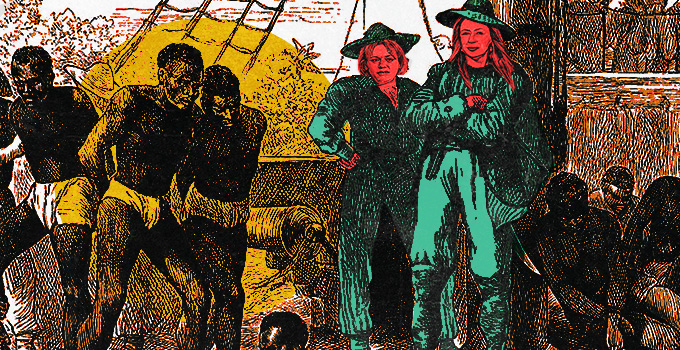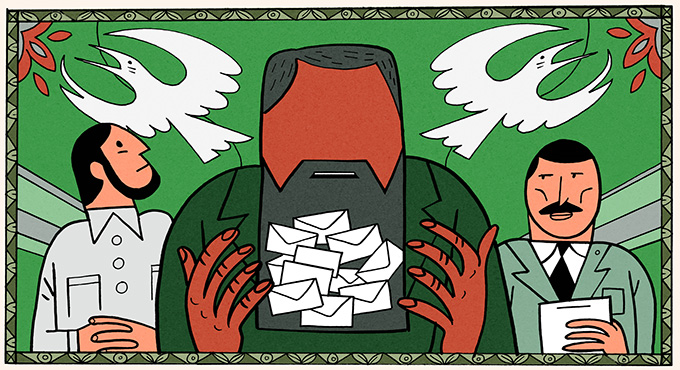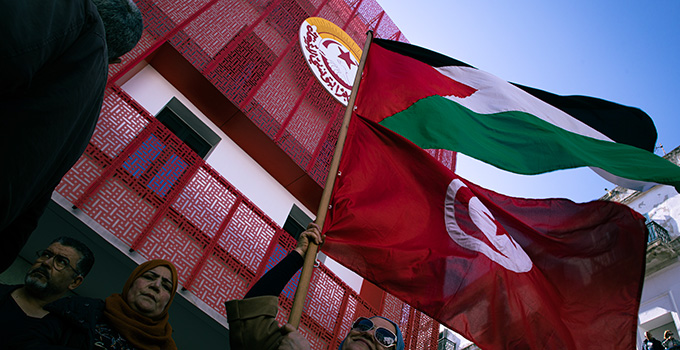
“White smoke” appeared at the Bardo Palace with Tunisia’s new government winning a vote of confidence in the National Constituent Assembly (ANC) this past Wednesday. The creation of a new government came after the assassination of the Leftist opposition leader Chokri Belaid and the resignation of former Prime Minister Hamadi Jebali. The late PM promised to place “country first” by forming a government of technocrats, only to fail and cede his position to his Interior Minister.
The confidence vote at the ANC came as a cigarette vendor died after setting himself ablaze in desperation over his deteriorating economic condition. The case of Adel Khadri, 27, was not the first following the Bouazizi tragedy. Suicide attempts have become commonplace in the birthplace of the Arab spring as harsh economic conditions still fuel public anger.
Tunisian man self-immolates
Adel Khadri, hailing from the poorest Northwest of Tunisia, set himself on fire on Habib Bourguiba Avenue after shouting “This is a young man who sells cigarettes because of unemployment”, witnesses report. Khadri was driven the very complaints which led to the toppling of former president Zine al-Abidine Ben Ali two years ago. As Tunisia’s economy suffers, Khadri’s desperate act was a reminder and a strong indicator of the many failings of the new rulers to address stalling economic reforms.

The scene was reminiscent of Mohamed Bouazizi when he poured gasoline on himself and set himself on fire in Sidi Bouzid to protest the confiscation of his fruit cart. Bouazizi’s fate sparked protests that ended with the overthrow of autocratic and corrupt President Zine al-Abidine Ben Ali. But Tunisians still suffer deprivation and strife and still ask for “jobs, freedom and dignity”.
Street vendors led a protest after Khadri’s death to express their frustration with the government which was voted in the same day. Suicide by Tunisian youth frustrated with lack of jobs two years after the “Revolution of Dignity” underlines the potential for further unrest and economic and political stagnation for some time to come.
EU leaders welcome formation of new Tunisian government
In a joint statement with EU Enlargement Commissioner Stefan Fule, Ashton welcomed incoming Prime Minister Ali Laarayedh as she expressed hopes it would restore calm and handle the economic crisis in the process of democratization of the country.
I welcome the approval today by Tunisia’s Constituent Assembly of a new coalition Government in Tunisia. We look forward to working with the new administration to strengthen the deep relationship between our two countries across a range of areas of mutual interest.
William Hague, the UK’s Foreign Secretary.
U.S. warns of risk in Tunisia
In a travel alert issued on the same day of the Laarayedh government confidence vote, the US State Department warned about the possibility of further violence and continuing potential for demonstrations and unrest. As of March 13, the U.S. Embassy in Tunis is no longer on ordered departure status but continues to operate with limited staffing due to security concerns.
“The security situation in Tunisia remains unpredictable,” the warning read. “Sporadic episodes of civil unrest have occurred throughout the country. U.S. citizens should avoid large crowds and demonstrations as even demonstrations that are intended to be peaceful can become violent and unpredictable.”
40 Day Anniversary of Chokri Belaid’s Murder
Carrying the Tunisian flag and roses, an estimated 10,000 people walked Saturday from the Jellaz graveyard where Tunisian Leftist figure Chokri Belaid was buried to the main Habib Bourguiba Avenue. Its esplanade remains a symbol of the Tunisian Revolution.

On The 40th day of mourning after the assassination of Leading Leftist opposition figure Chokri Belaid, representatives of various political parties, political leaders and private citizens, along with his immediate family members chanted slogans such as “Ennahda get out!” and “The people want to bring down the regime.”
So far no one claimed responsibility for the political murder but Belaid’s family have publicly blamed the ruling Ennahda party. The Islamists deny any implication in the slaying and police say the killer was a fundamental Salafist on the run. Algeria’s Interior Minister denied Monday news reports and rumors that his country has extradited the suspected assassin of Belaid.





iThere are no comments
Add yours